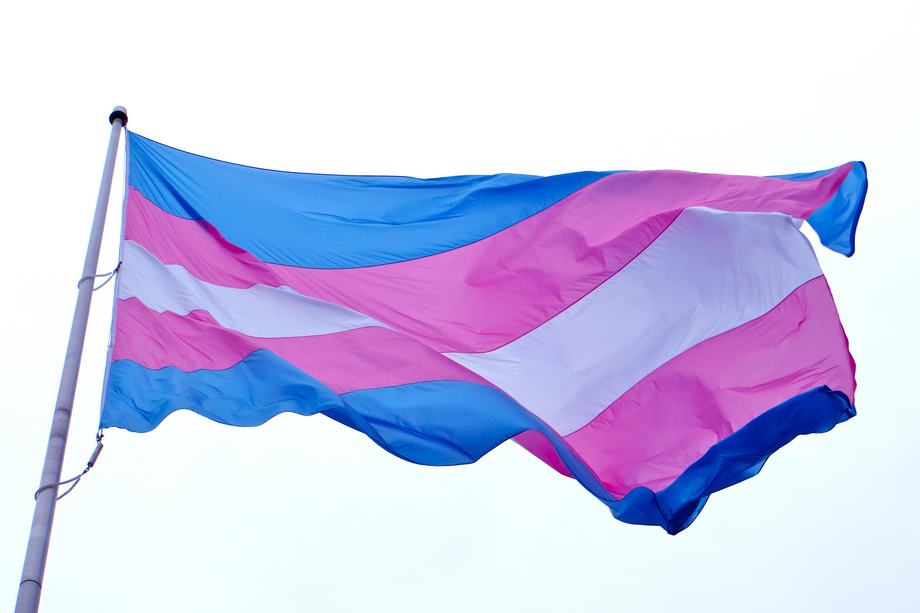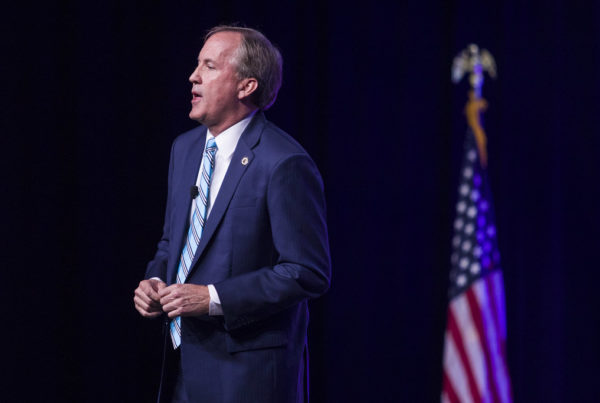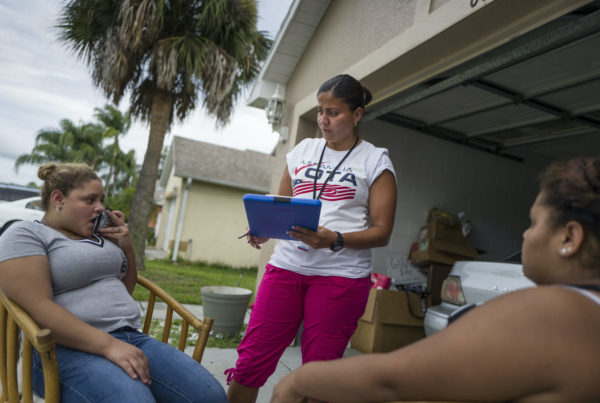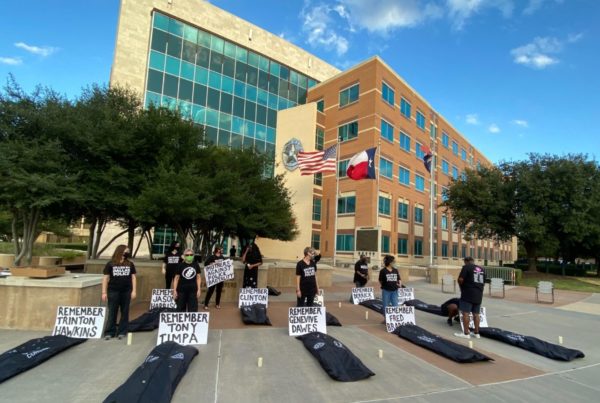From Houston Public Media:
Naomi West keeps her medication in a navy blue briefcase in her room. She says it’s where she keeps all of the most important items in her life — things like her research notes for her physics PhD at Rice University.
West started gender-affirming hormone therapy just over a year ago at the Planned Parenthood clinic in Houston. But earlier this spring, she left Houston to save money. Funding for her PhD dried up due to the pandemic. Luckily, it was right when office visits at her clinic went virtual.
“Being 200 miles away, [telehealth] has been incredibly convenient,” West said. “Rather than going to Houston for just a quick discussion.”
Early in the pandemic, many providers, including Planned Parenthood, scrambled to find a way to still provide health care. The stay-at-home order and new social distancing guidelines has pushed telehealth into the mainstream. And for transgender patients who often face a lack of access or discrimination, that can provide both an added sense of safety and flexibility.
West moved in with her sister in Austin, a city where she could have found a new provider — but that would have meant an interruption in her care. Dr. Bhavik Kumar, medical director of primary and trans care at Planned Parenthood Gulf Coast, said that can be really tough for patients both physically and mentally.
“When you’ve already made that connection and you trust your provider, being able to hold on to that can be so meaningful for folks, especially those already marginalized within healthcare,” said Dr. Kumar.
Telehealth at Planned Parenthood took off this year, replacing almost one third of all office appointments.
For check ups, patients can connect with their providers through video chat. In-person care like blood work or vital signs can be done at a local lab much closer to where the patient lives.
As a result, the clinics have started seeing patients from hundreds of miles away, including rural areas of Texas like Lufkin, Iola and Franklin, as well as out-of-state patients in Alabama and Mississippi.
“We are definitely seeing folks from different parts of the state and further away than we did before,” said Dr. Kumar.
One reason is because hormone therapy is hard to find in most Texas towns, especially providers trained in transgender competency.
“As a transgender person, you have so many questions and uncertainties for your safety,” said Evan Mahony, a patient advocate at The Kind Clinic in San Antonio and Austin. “Are there going to be gender neutral restrooms at this doctor’s office? What if I feel afraid that somebody is going to confront me in the parking lot?”
According to a 2017 poll by NPR, Harvard and the Robert Wood Johnson Foundation, 20% of transgender people surveyed said they have avoided seeking medical care for fear they’d be discriminated against.
Mahony says that telehealth can be a lot less risky for trans folks.
“If this encounter doesn’t go well, all I have to do is hang up,” Mahony said. “I’m not going to have to strategize how I’m going to leave a place that makes me feel physically unsafe.”
Although the pandemic has improved access through telehealth, the economic impacts of COVID-19 on the trans community have added major barriers.
Job losses, especially in the service industry, has made it even harder to afford care that is expensive and not always covered by insurance.

Naomi West (left) and her partner.
In the spring, like many procedures deemed non-essential, gender affirming surgeries were postponed and some indefinitely canceled.
“I know a lot of people in the community who had to cancel the surgery because they had lost income,” Mahony said.
Even though Austin has many health care resources, Naomi West said she still travels to Houston every three months to get bloodwork done at her provider. In her experience, freestanding labs are more costly.
“Even with the cost of gas, it’s significantly cheaper than it is to go to any other place,” she said.
But West has no doubt that the drive is worth it. She said the therapy has helped her overcome feelings surrounding gender dysphoria.
“What hasn’t the medication done for me?” said West. “I feel like a completely different person.”















